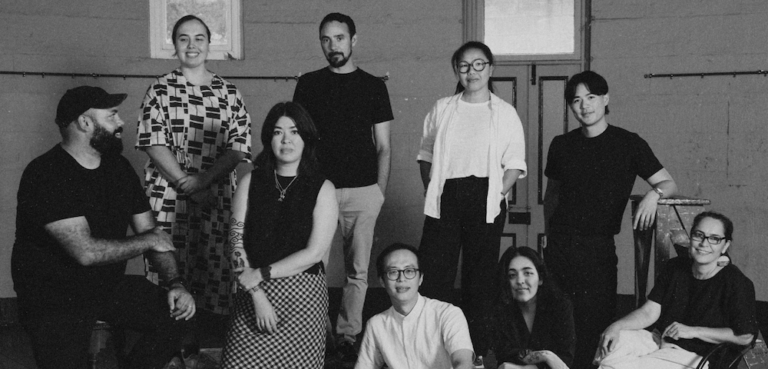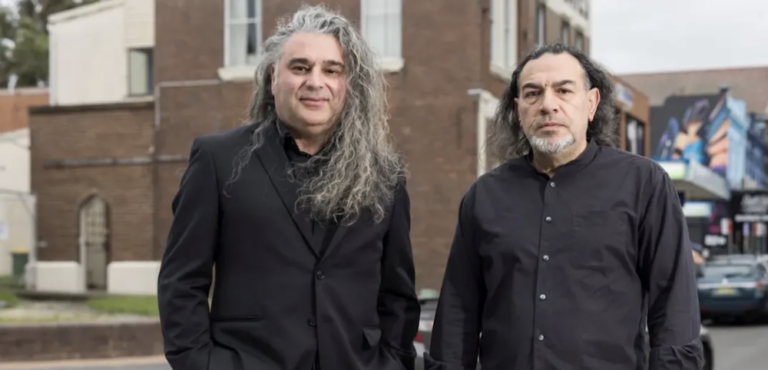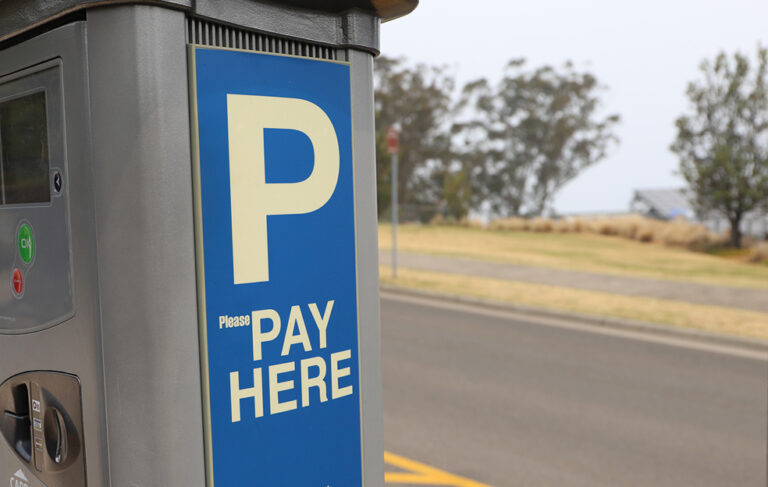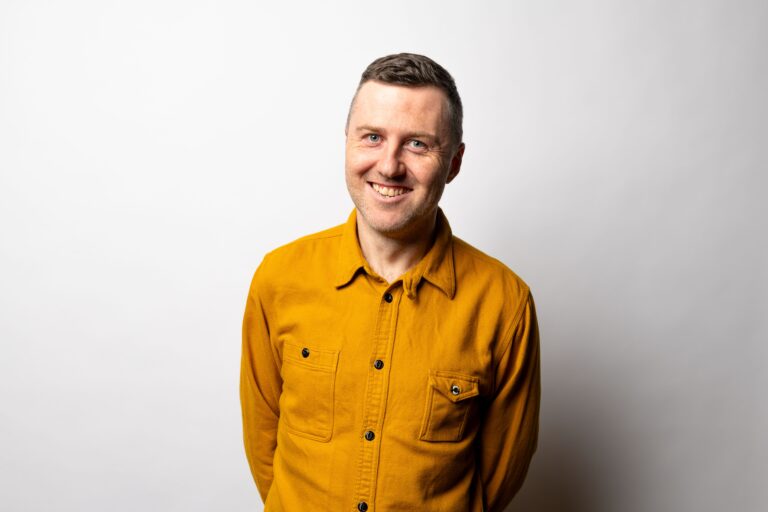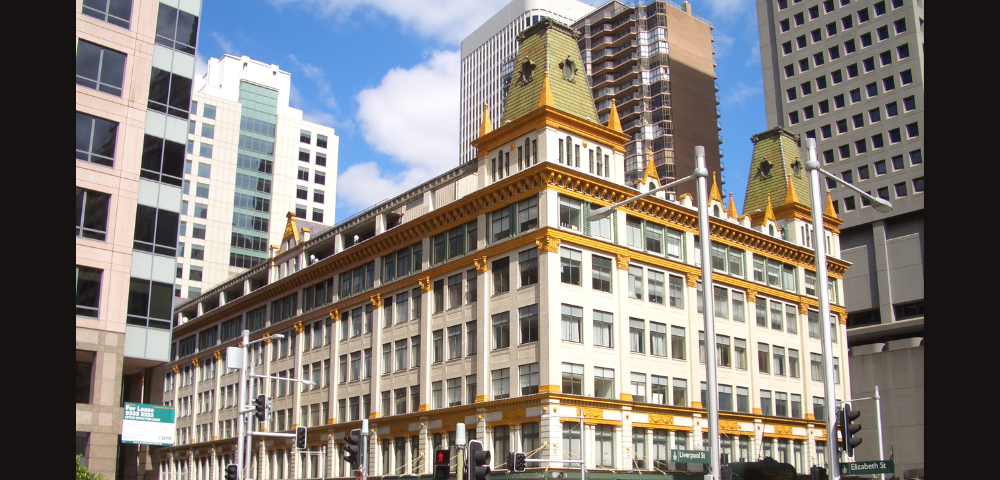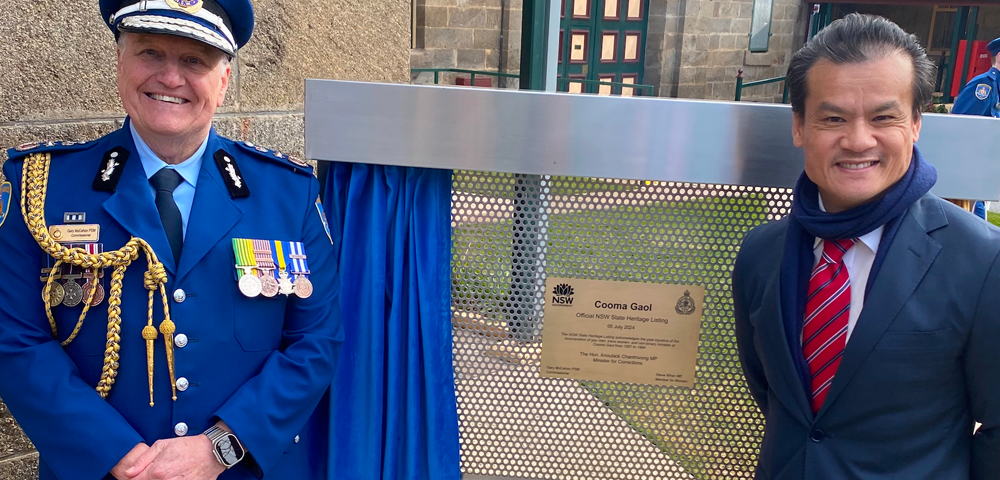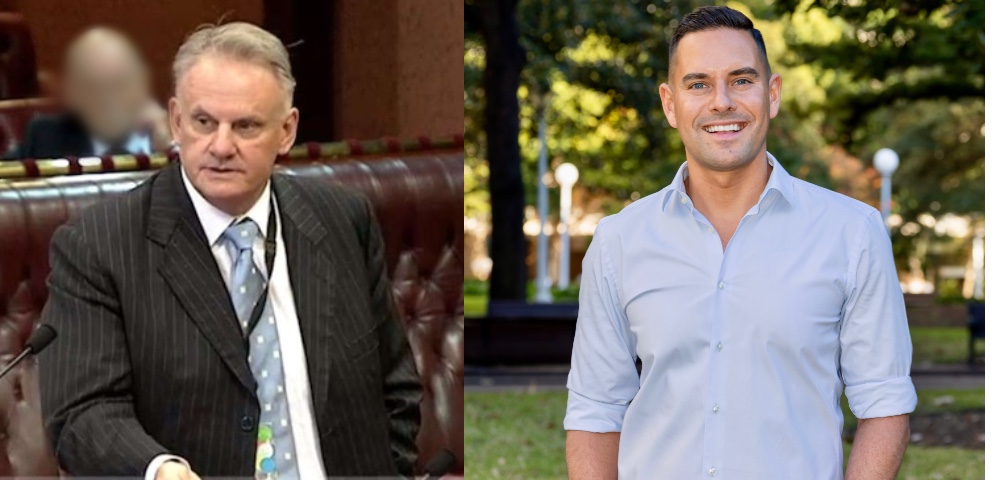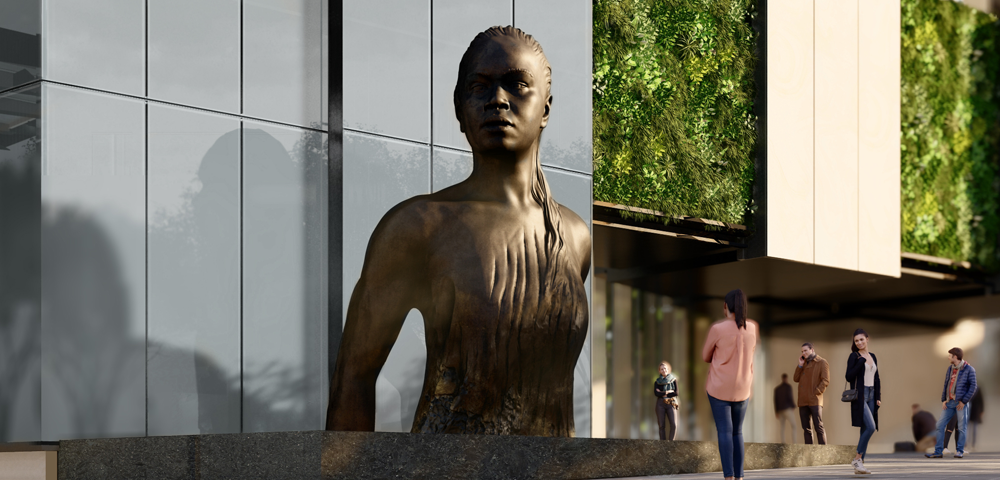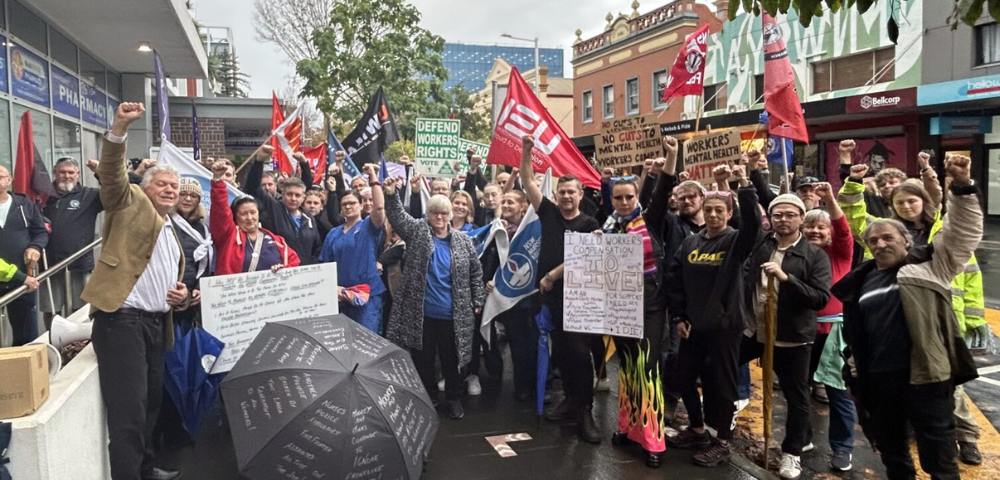
Go Ahead and Ask the Question? UPDATE: 10 Candidates Respond!
The City News recently invited readers to send us the questions you want answered before the local government election on September 13. Already, the questions have been pouring in.
Answering your questions this week is the incumbent Lord Mayor, Clover Moore. Here’s what she had to say…
Q Should council oppose or support the state’s electricity sell off’
A In all the heated conflict over electricity privatisation, the critical issue of global warming has been ignored. The government must set rules to ensure progressive greenhouse gas reductions from electricity regardless of ownership.
Sales contracts should prohibit new coal-fired power stations and set a timeframe to phase out existing ones. Renewable clean energy should be encouraged by government policy and concessions.
A deal between the government and coalition has delayed legislation debate until the Auditor General provides a financial assessment. I called on the Auditor-General to also address climate change and asked the Premier to rule out industry compensation for the financial impacts of emissions trading.
Without environmental guarantees I cannot support the privatisation proposal.
Q Some candidates say they will reduce parking fees to assist people who depend on motor vehicles. How can council reduce greenhouse emissions while liberalising parking restrictions’
A I believe that tackling global warming is the central political and moral challenge of our time. Under my leadership the City of Sydney has promoted and expanded support for public transport, cycling and walking to promote sustainable transport and reduce congestion. We have expanded options for car share to reduce the need for local residents to own a car, and provided increased support for motorbikes and scooters. We have funded two shuttle buses from Woolloomooloo to Redfern and Redfern to Glebe, in order to fill gaps in the state transport system.
Q Should council introduce a London-style congestion charge for non-residents who want to bring their cars into the city’
A Options for public transport, walking and cycling need to be dramatically increased before Sydney can seriously consider a congestion charge. I am committed to exploring in consultation with our local communities all realistic options available to reduce pollution and address congestion.
Q In Bourke Street, Surry Hills a proposed bike route will result in the removal of a canopy of trees. Is there another solution that would protect the trees’
A The proposal for a safe, separated cycleway in Surry Hills does not involve the removal of any of the mature trees that create the magnificent canopy along Bourke Street. There are currently more than 500 street trees on Bourke Street and new trees will be planted during the cycleway project.
Q Union Square in Pyrmont is a designated bike route. Often pedestrians walking through the Square are almost run down by bikes racing through the square. How do you balance the needs of bikes and pedestrians in establishing bike routes’
A Sydney is a notoriously hostile cycling environment. Most cycleways are shared on roads with vehicles and most people are too frightened to cycle to school, work, shops or leisure as a normal part of daily life. Too often, cyclists respond aggressively to assert their rights and safety.
We need to provide safer and easier cycling facilities that are separated from roads and pedestrians.
Q Should council restrict the placement of cafe tables and outdoor displays on the footpaths to provide access for blind and disabled people’
A Last year, the city developed an Inclusion (Disability) Action Plan to ensure that people with disabilities have equal access to the city’s facilities.
Finding a solution that meets all needs will be challenging, given Sydney’s narrow footpaths and the sometimes competing needs of people with disabilities, retailers and others. City staff are working on the policy and it will be placed on formal public exhibition before adoption by council.
Q Should council lease the public footpath to News Corp for $360,000 for the distribution of MX’
A News Corp is not the only newspaper that is handed out on city footpaths. As such, the real question is whether any newspapers should be handed out on city streets.
The city has taken the position that it can permit newspapers to be handed out on city footpaths if the activity is well managed, doesn’t unreasonably get in the way of pedestrians and minimises environmental impacts.
Q What can council do to ensure there are enough affordable workspaces for artists’
A Following completion of the Tabernacle in East Sydney, it will become a new community cultural facility, housing a theatre company and a community gallery, possibly with additional artist studios or community office space.
Developers and the private sector also have a role to play. I worked with Frasers Broadway to reach agreement on temporary use of the former Chippendale brewery buildings as an artist space, and I commend them for their commitment.
Q Should Hillsong be allowed to build a super church in Rosebery’
A The development application submitted by Hillsong Church for a $78M development in Rosebery was withdrawn in June. Had the DA not been withdrawn, I intended to support the recommendation of the independent planning assessor to refuse the application.
Q Do you support the use of council resources to promote individual councillors or groups’ Should council have a policy of ensuring ratepayers are informed about the work of all councillors rather than just the controlling group’
A The City of Sydney has a Councillor’s Expenses Policy, established under NSW State legislation and endorsed following public exhibition. This policy provides resources to all Councillors to support them in their work and sets how Councillors may access and use council resources. The policy was most recently updated and adopted unanimously by Council on 19 February 2007.
I am personally proud of the way the city has kept our communities informed and involved, with 24 newsletters reporting on our plans and work over the past four years, and email subscriptions available for updates on DAs, green city living, what’s on and media.
Q Redfern Park and the park at Central aren’t frequented by thousands. Why are millions of dollars being spent to upgrade them’
A Public space is essential in the inner city, where most residents live in terrace houses and apartments without backyards. Our parks promote health through exercise and relaxation, foster community and cultural links and proved environmental benefits.
Over the current term, the City of Sydney has created new open space, including Harmony Park in Surry Hills, the Water Police Site Park at Pyrmont, Orphan School Creek at Forest Lodge, the Glebe Foreshore Walk, and Paddington Reservoir Gardens on Oxford Street.
However, the high cost of acquiring new open space means that we need to get the greatest possible use from our current parks through upgrades and effective maintenance. We have planted more than 5000 street trees since 2004 and landscape 3000 square metres of public gardens each year.
Q Should all contracts be made publicly accessible once they have been signed’
A I strongly support greater public disclosure and accountability. In 2006, Parliament passed my bill to make major government contracts publicly available.
The legislation was developed in response to the Cross City Tunnel debacle. Due to the 2002 tender acceptance of an amended project, the government received $100 million from the Cross City Tunnel consortium, replacing the previously approved project that required a $40 million government contribution to a more beneficial outcome. This is a factor in the high toll costs, yet when I raised this in Parliament in 2002 it was ignored by the government, the opposition and the media.
Despite its commitment to do so, the State Government has not extended my FOI contracts amendment to cover local councils. The City of Sydney has made all contracts over $150,000 since January 2007 publicly available on our website.
